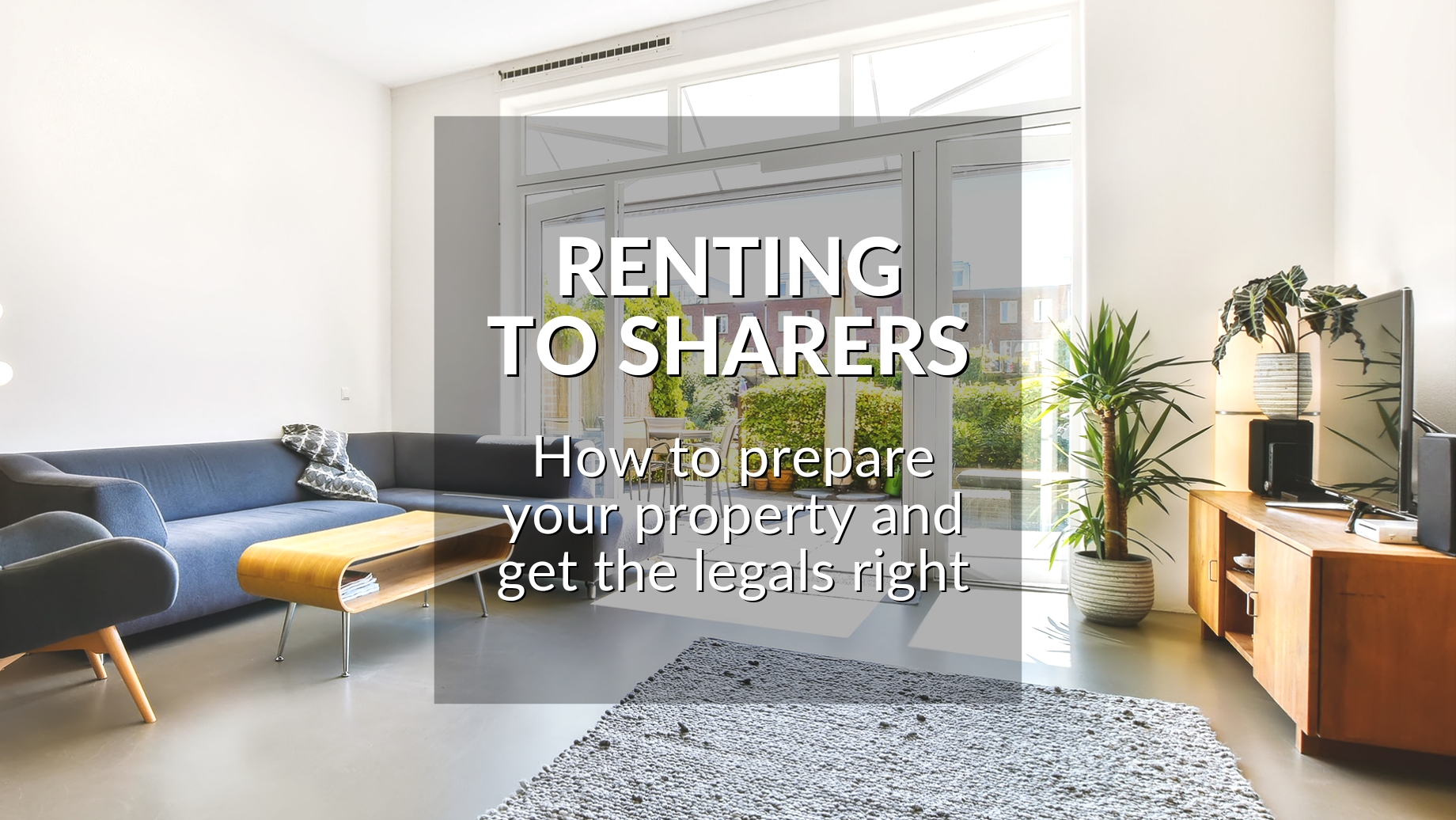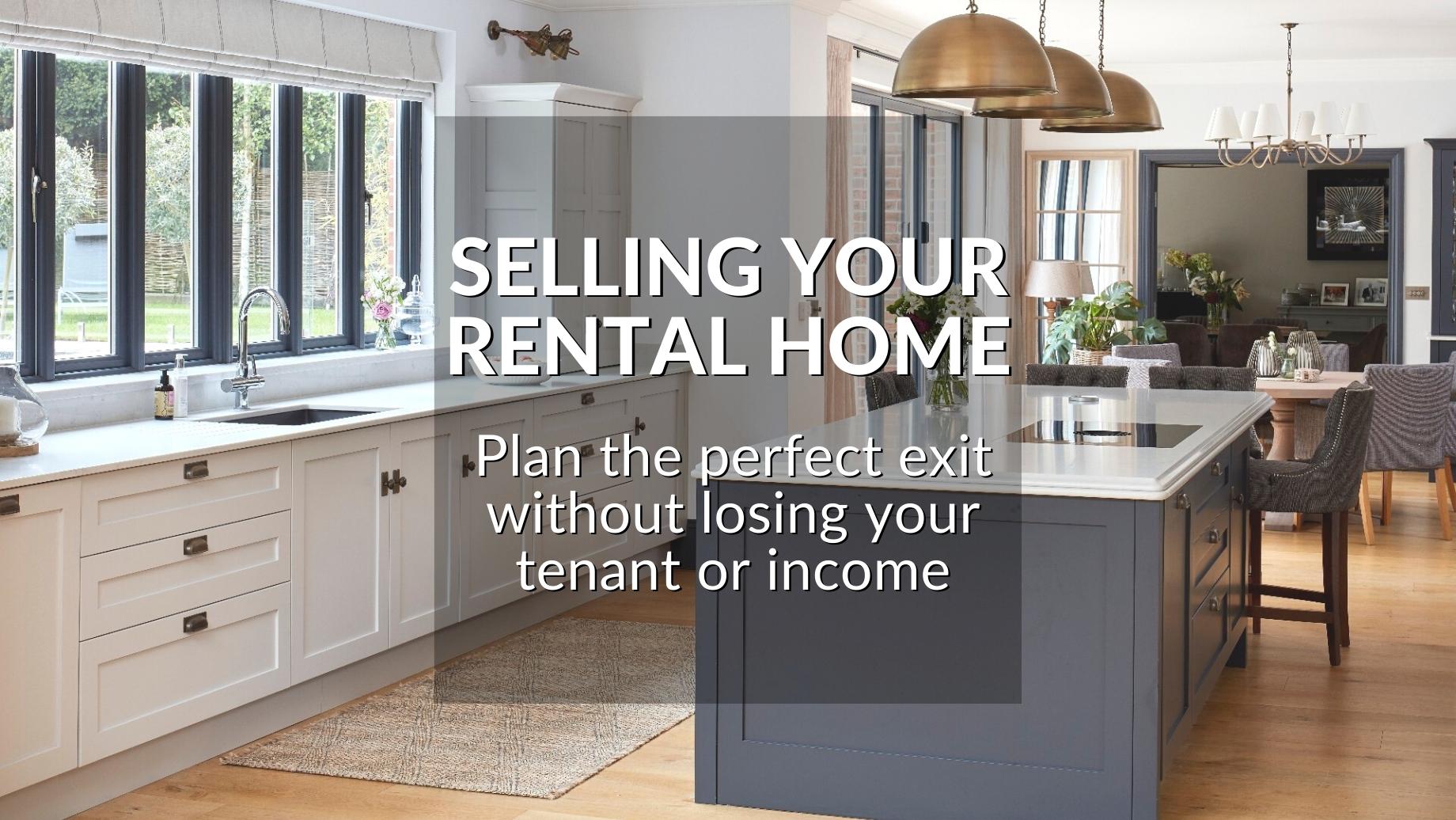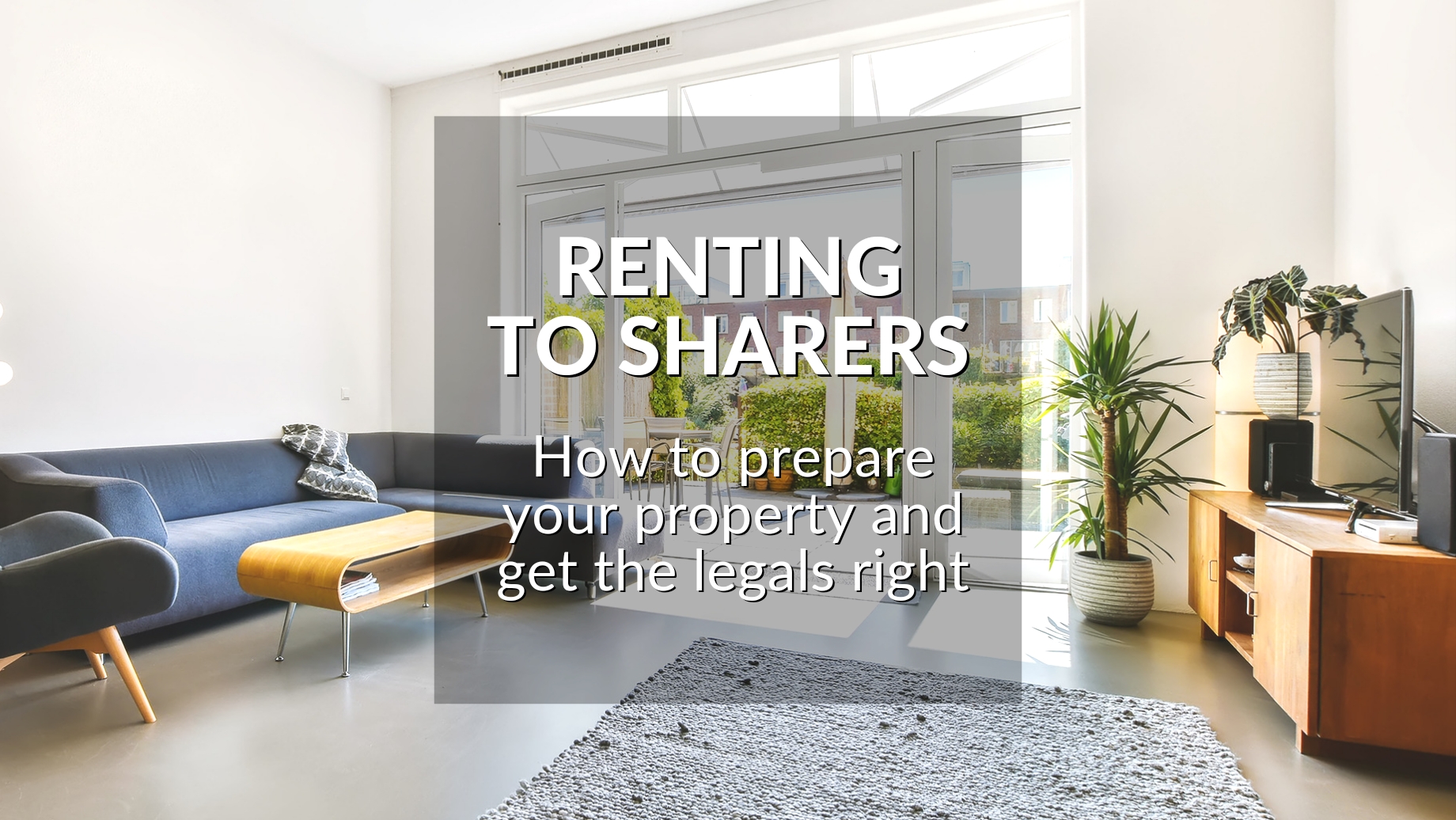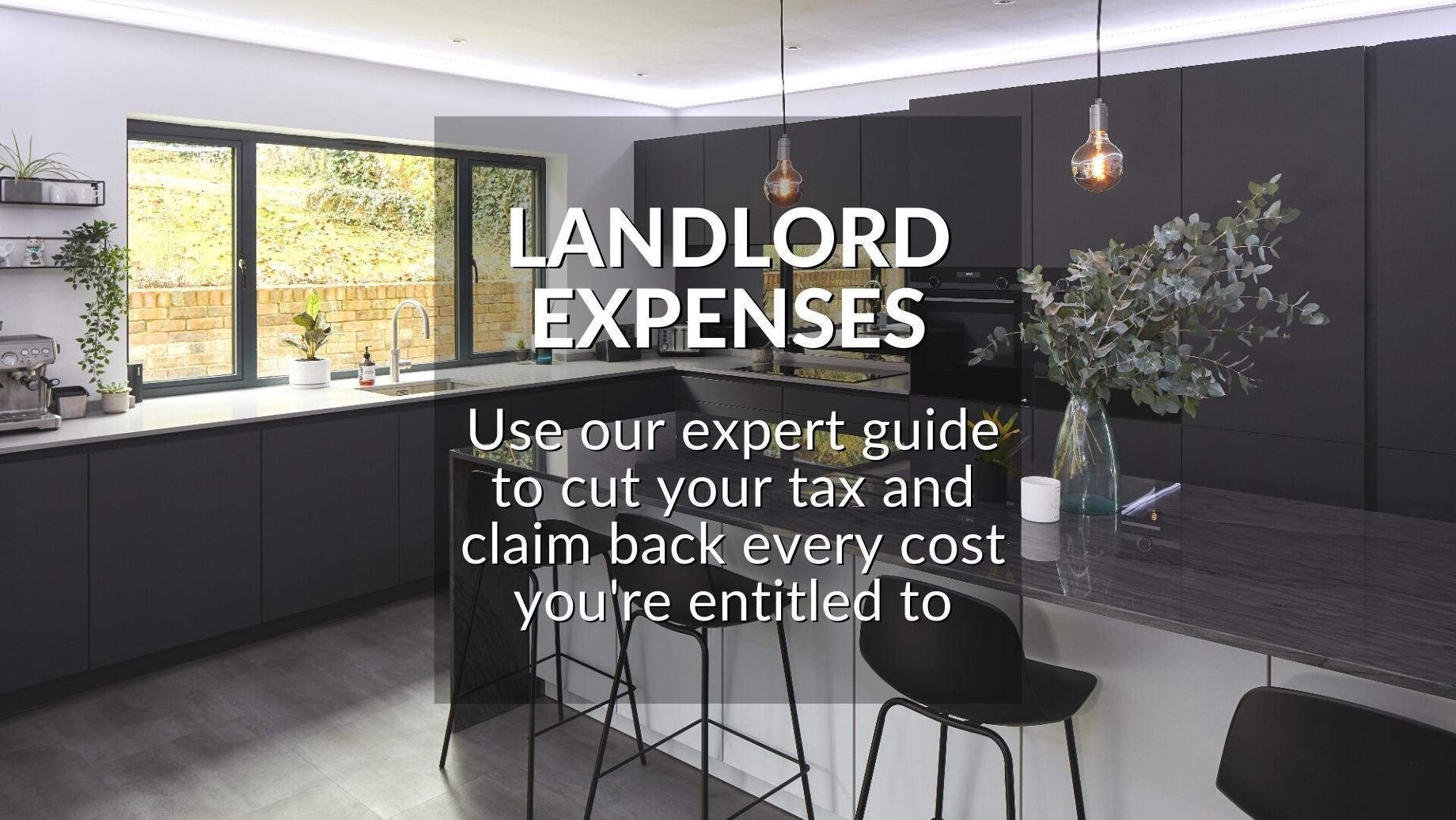Blog
- Details
- Hits: 337
HOW TO CREATE THE BUY-TO-LET NICHE THAT’S PERFECT FOR YOU
Buy-to-let is undergoing a massive transformation right now. Poor-quality homes are getting squeezed out by tightening legislation, and short-term profiteering has fallen away through changing tax laws. As a result, many landlords have sold up.
But if you're in it for the long term, buy-to-let can still be a highly profitable route to financial security, particularly if you can serve an overlooked segment of the local rental market.
Finding a speciality has many sides to it, including:
- Identifying gaps in the market
- Looking beyond appearances
- Playing to your strengths
- Becoming a popular figure
- Targeting the very best tenants
There’s plenty to unpack, and we’ve broken it down here into snackable chunks of inspiration and expertise to give you a head start on creating the perfect niche.
- Details
- Hits: 268
HOW TO PREPARE YOUR PROPERTY AND GET THE LEGALS RIGHT
Demand for rental homes rose by around 25% in 2022, and competition among tenants is hotter than ever as potential buyers wait and see what house prices will do.
As rents continue to rise from a shortage of property, more and more young professional adults are looking to share a rental home in Liverpool to save on costs without living in a tiny space.
Renting your property to sharers can increase your yield by having an income-earning tenant in every bedroom, but there are a few things to get a handle on first, including:
- Setting up the tenancy agreement correctly
- Understanding when a shared home becomes an HMO (House in Multiple Occupation)
- Having the right specification and accommodation
- Managing a property with multiple tenants
- Replacing a sharer if one moves out
With that in mind, this week's blog has all you need to know about renting to sharers, so you can get everything right the first time around.
- Details
- Hits: 286
PLAN THE PERFECT EXIT WITHOUT LOSING YOUR TENANT OR INCOME
Although rents are going through the roof, yields are getting higher, and there’s massive demand from tenants, many landlords are selling their rental homes. For some, it’s part of their long-term plan, but for others, it’s a reaction against changing rules and taxes.
Even so, not every landlord who’s selling up is getting out. Some are using the climate of stalling house prices, rocketing rents and levelling-up proposals to reset their buy-to-let business for the future.
But what about you?
Are you hanging up your landlord hat for good? Swapping an older home for an energy-efficient modern one? Or converting to a company for tax advantages and easier inheritance planning?
Whatever your reasons, there’s plenty to think about before taking the plunge:
- Is selling the best move for you?
- How much is your property worth?
- What are the costs and tax implications of selling?
- When should you tell your tenant?
- Should you sell to another landlord, or will a homeowner pay more?
That’s a lot to unpack, and our handy guide is full of answers. So let’s explore whether selling your rental home would be a costly mistake, or the best thing you can do.
- Details
- Hits: 373
HOW TO PREPARE YOUR PROPERTY AND GET THE LEGALS RIGHT
Renting to sharers: how to prepare your property and get the legals right
Demand for rental homes rose by around 25% in 2022, and competition among tenants is hotter than ever as potential buyers wait and see what house prices will do.
As rents continue to rise from a shortage of property, more and more young professional adults are looking to share a rental home in Liverpool to save on costs without living in a tiny space.
Renting your property to sharers can increase your yield by having an income-earning tenant in every bedroom, but there are a few things to get a handle on first, including:
- Setting up the tenancy agreement correctly
- Understanding when a shared home becomes an HMO (House in Multiple Occupation)
- Having the right specification and accommodation
- Managing a property with multiple tenants
- Replacing a sharer if one moves out
With that in mind, this week's blog has all you need to know about renting to sharers, so you can get everything right the first time around.
- Details
- Hits: 328
USE OUR EXPERT GUIDE TO CLAIM BACK EVERY COST YOU'RE ENTITLED TO
How many tax allowances do you think you can claim from owning a rental property? The truth might pleasantly surprise you.
Being a landlord is a business, but from our experience, not every landlord knows what they’re entitled to. As well as the obvious costs like mortgages and maintenance, there are many smaller expenses that can soon add up and make a real difference to your bottom line.
Believe it or not, HMRC wants you to claim and even accepts digital copies of receipts to make it easier. Simply take photos of your paper receipts and put them in a folder on your phone, then keep any digital receipts in an email folder. This streamlines the job of retrieving them later on.
So, just what can you claim? Well, there are five main areas of allowable expenses, and we cover them all in this week’s blog. We’ll guide you through everything you can claim so that, instead of leaving wasted money on the table, you keep more in your pocket.








